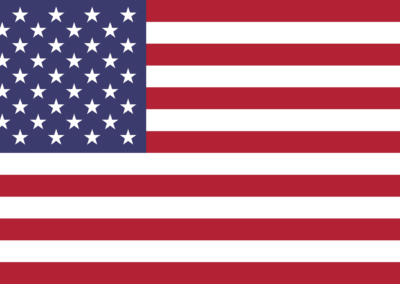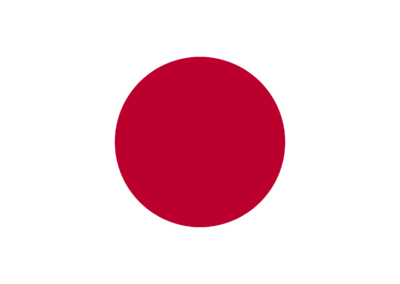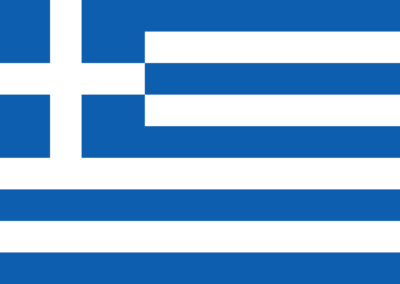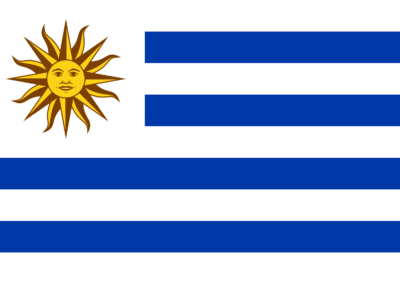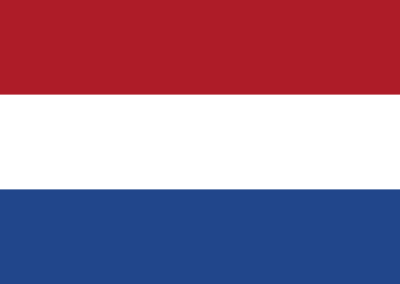Self Care of Heart Failure Index - Patient Version
In the theory guiding this instrument (Riegel, Dickson, Vellone. The Situation-Specific Theory of Heart Failure Self-Care: An Update on The Problem, Person, and Environmental Factors Influencing Heart Failure Self-Care. Journal of Cardiovascular Nursing, 2022, 37(6), 515-529.), self-care is defined as a naturalistic decision-making process that influences actions that maintain physiologic stability, facilitate the perception of symptoms, and direct the management of those symptoms. Specifically, self-care entails 3 separate but linked concepts that reflect processes that often are mastered in sequence. The first self-care process is maintenance, which captures treatment adherence and healthy behaviors (e.g., taking medications, exercising). The second self-care process, symptom perception (a specific type of monitoring), involves both the detection of physical sensations through body listening and the interpretation of meaning. The third self-care process is management, or the response to symptoms when they occur (Figure). All 3 processes involve both autonomous and consultative elements, discussed in our article (Riegel B, Dickson VV, and Faulkner KM. The situation-specific theory of heart failure self-care: Revised and updated. Journal of Cardiovascular Nursing, 2016).
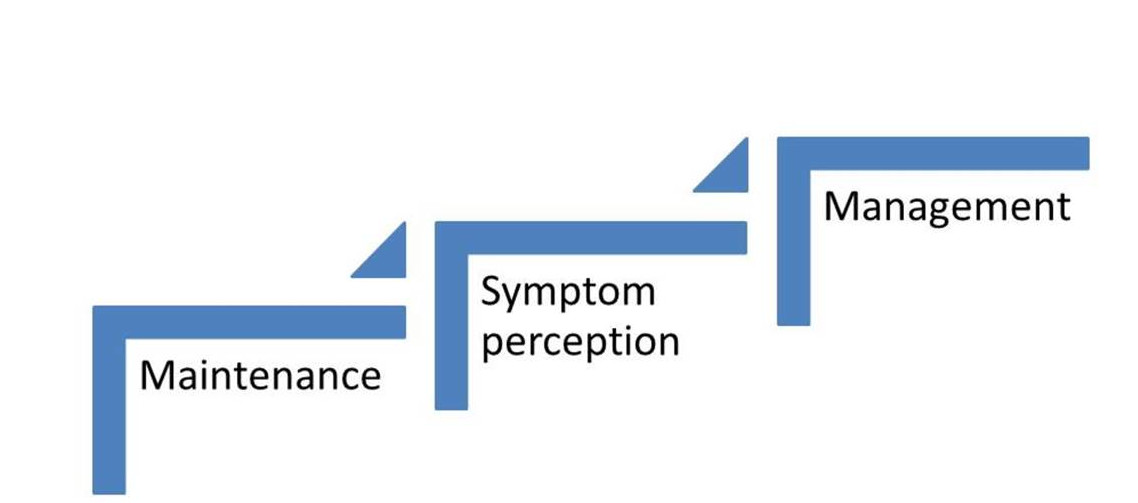
The Heart Failure Self-Care Process as described in Riegel B, Dickson VV, and Faulkner KM. The situation-specific theory of heart failure self-care: Revised and updated. Journal of Cardiovascular Nursing, 2016.
Primary Contact

Barbara Riegel, PhD, RN, FAAN, FAHA
Senior Research Scientist, Center for Home Care Policy & Research at VNS Health
Professor, University of Pennsylvania School of Nursing
Co-Director, International Center for Self-Care Research www.selfcareresearch.org
Email: briegel@nursing.upenn.edu








